US and China hold first round of trade war talks
Officials meet in Beijing with optimism high a breakthrough can be made ahead of March deadline
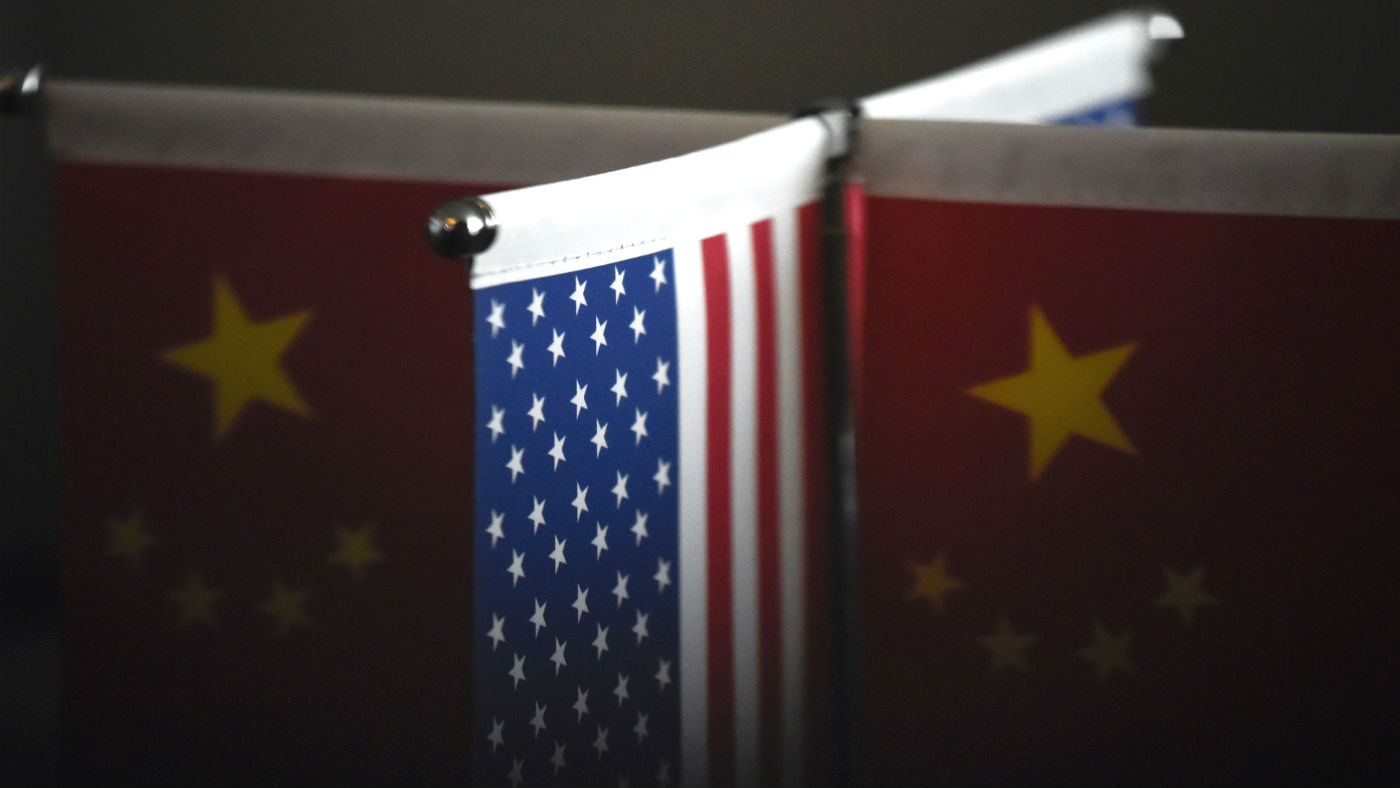
A free daily email with the biggest news stories of the day – and the best features from TheWeek.com
You are now subscribed
Your newsletter sign-up was successful
US and Chinese officials have met in Beijing for two-days of high-level talks aimed at resolving their ongoing trade dispute.
Tensions between the world's two largest economies escalated last year after the Trump administration announced tariffs on $250 billion worth of Chinese goods. Beijing countered with its own import hikes, putting global stock markets on edge.
In early December Donald Trump and Chinese President Xi Jinping agreed a temporary ceasefire, postponing the next round of tariffs and giving both sides until 1 March to reach an agreement on trade and issues such as the forced transfer of technology.
The Week
Escape your echo chamber. Get the facts behind the news, plus analysis from multiple perspectives.

Sign up for The Week's Free Newsletters
From our morning news briefing to a weekly Good News Newsletter, get the best of The Week delivered directly to your inbox.
From our morning news briefing to a weekly Good News Newsletter, get the best of The Week delivered directly to your inbox.
“Many increasingly see the trade war as a battle for global leadership between the world's two largest economies,” says the BBC. “The stakes are high. Failure to achieve a deal could see both countries resume taxing one another's goods.”
Ahead of the talks, China’s foreign ministry said both sides had expressed a will to work in order to implement the consensus of their respective presidents.
According to a report by Bloomberg, the talks are being conducted in different groups on the areas of non-tariff measures, intellectual property, agriculture and industrial purchases.
NPR’s Matthew Schwartz says the US is seeking concessions in Chinese business practices; in exchange it will eliminate tariffs recently imposed on Chinese goods.
A free daily email with the biggest news stories of the day – and the best features from TheWeek.com
“Top administration officials are confident they have enough leverage to win significant changes,” NPR's Shanghai correspondent Rob Schmitz reports, “including an end to China's practice of forcing US companies to hand over key technology in return for gaining access to China's market, and an agreement to buy more products from the US.”
The Washington Post says there is “mounting optimism that they will find a way to finally break the impasse in their rancorous nine-month-long dispute”.
Hopes were further raised when China’s economic tsar, Vice Premier Liu He, unexpectedly dropped by the talks to spur on the negotiators.
The South China Morning Post says “Liu’s attendance at the talks showed goodwill and Beijing’s commitment to reaching a deal with Washington”.
“With China’s economy facing downward pressure, especially as it braces for the trade war impact, the Chinese side has had more incentives – and some of the US demands are also in line with Beijing’s own needs for economic reform,” said Shi Yinhong, director of the Centre on American Studies at Renmin University of China.
Most economists expect China’s growth rate to fall to around 6% this year, which would be its lowest since 1900.
While the US appears to hold the upper hand, “much has changed since Trump and Xi met on the sidelines of the Group of 20 meeting in Argentina last month”, says the Washington Post.
“It’s an interesting scenario now,” said Ben Cavender, an analyst at China Market Research Group in Shanghai. “Trump would probably like something he can point to as a win, even if it’s not substantive, amid the wall and government shutdown chaos.”
-
 The ‘ravenous’ demand for Cornish minerals
The ‘ravenous’ demand for Cornish mineralsUnder the Radar Growing need for critical minerals to power tech has intensified ‘appetite’ for lithium, which could be a ‘huge boon’ for local economy
-
 Why are election experts taking Trump’s midterm threats seriously?
Why are election experts taking Trump’s midterm threats seriously?IN THE SPOTLIGHT As the president muses about polling place deployments and a centralized electoral system aimed at one-party control, lawmakers are taking this administration at its word
-
 ‘Restaurateurs have become millionaires’
‘Restaurateurs have become millionaires’Instant Opinion Opinion, comment and editorials of the day
-
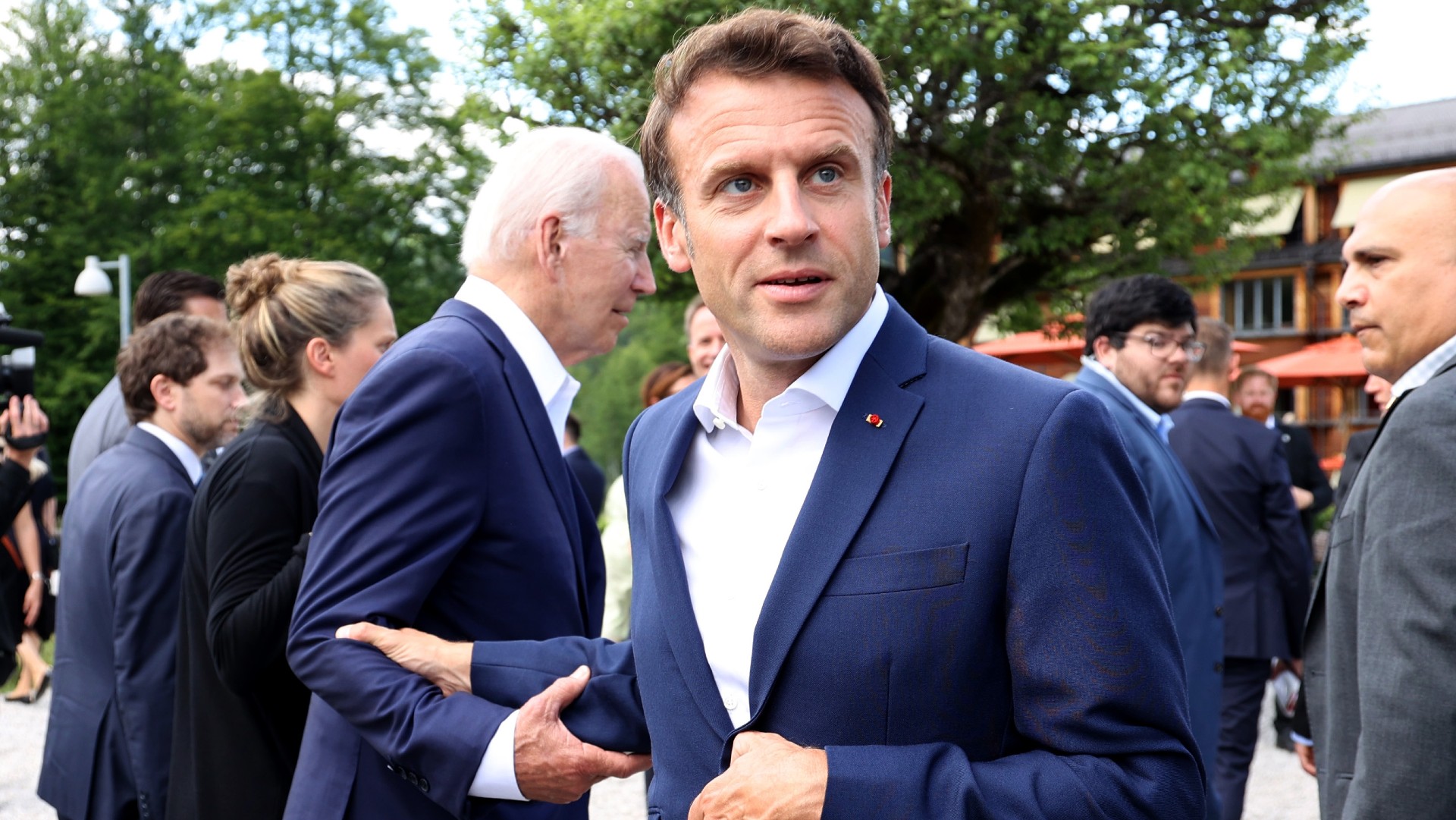 When Manu met Joe: can state visit repair France-US relations?
When Manu met Joe: can state visit repair France-US relations?Today's Big Question Debate over funding for Ukraine and green subsidies have given trip a new sense of urgency
-
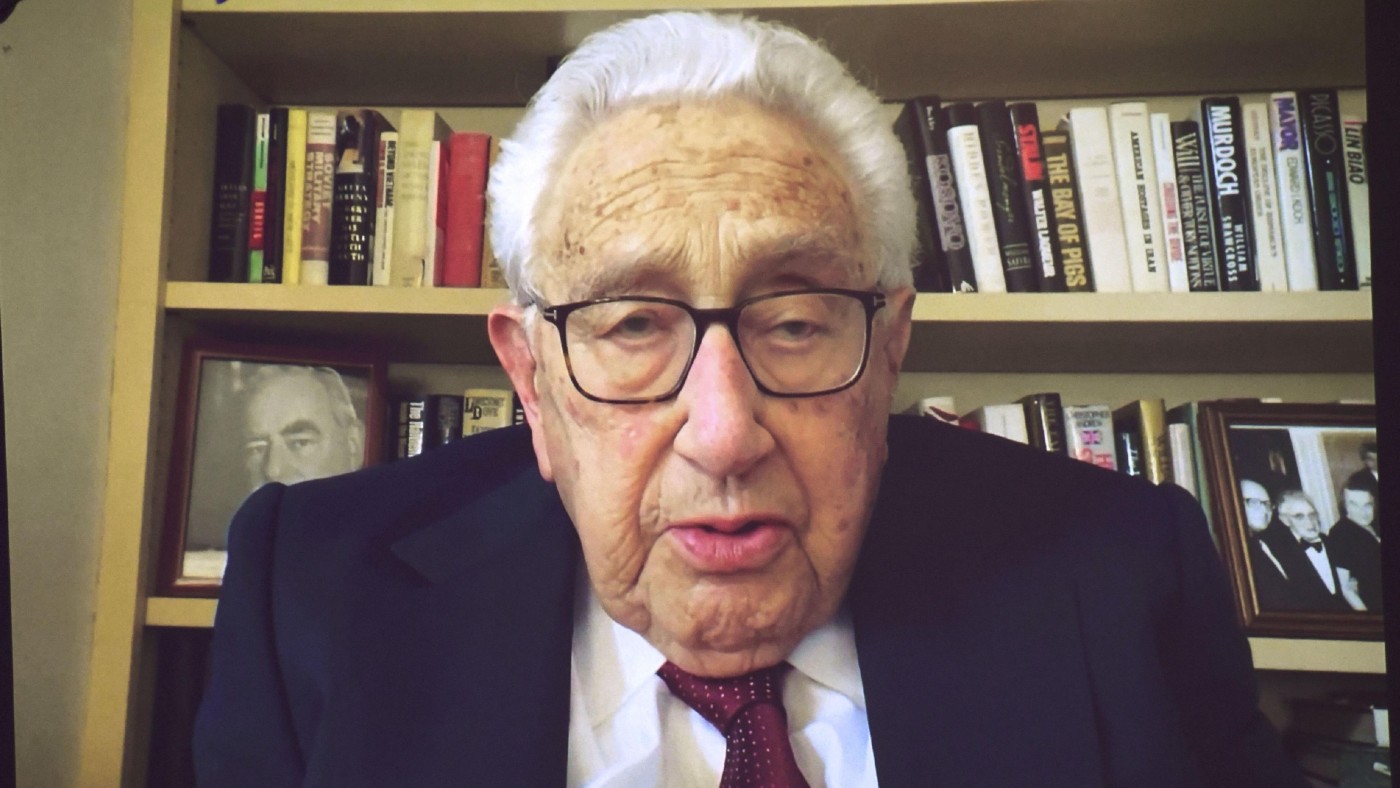 Is Henry Kissinger right about Ukraine?
Is Henry Kissinger right about Ukraine?Speed Read The US statesman made a controversial speech at a virtual Davos appearance last week
-
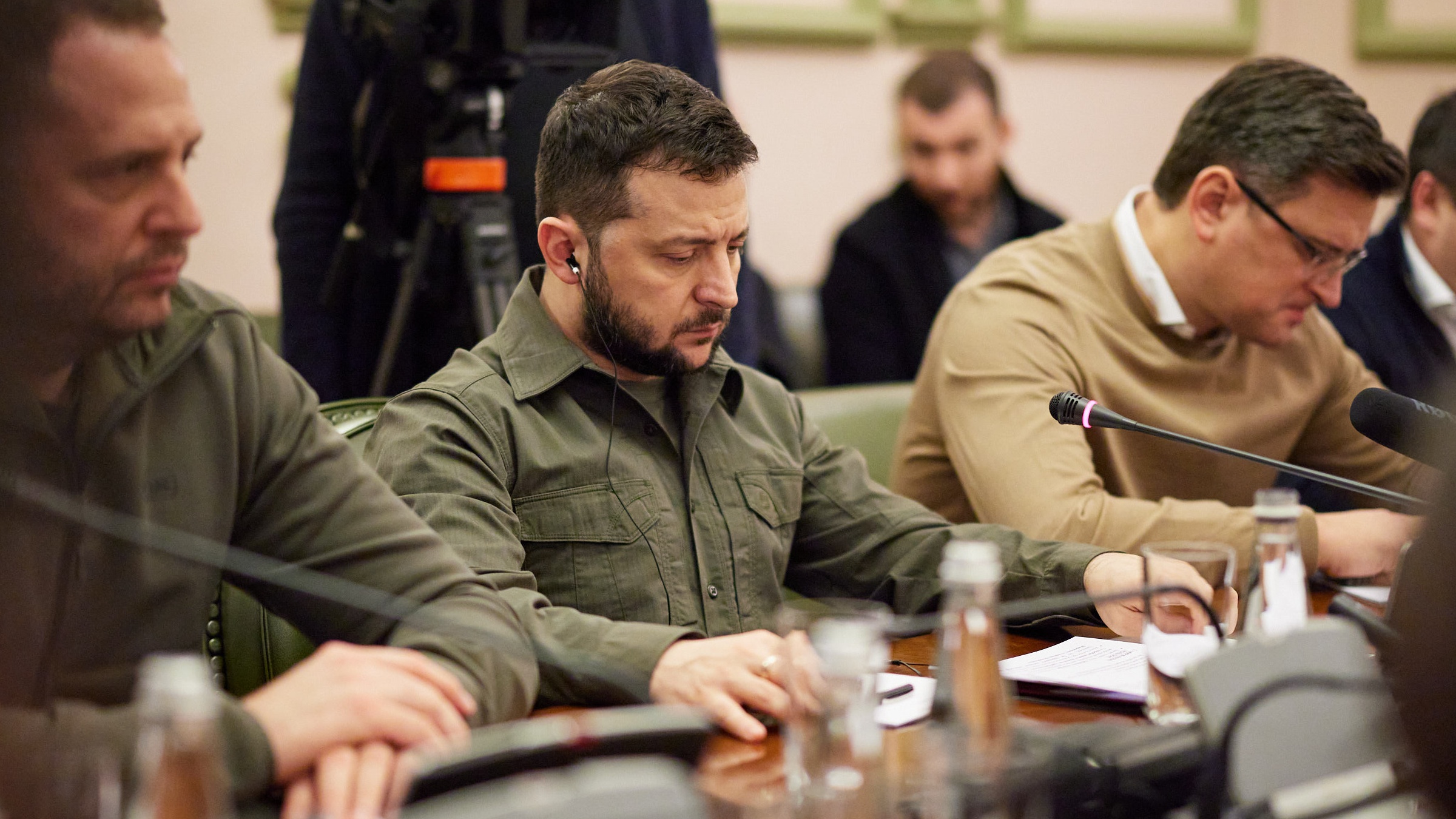 Volodymyr Zelenskyy refused evacuation as Russian hitmen ‘parachuted’ into Kyiv
Volodymyr Zelenskyy refused evacuation as Russian hitmen ‘parachuted’ into KyivSpeed Read Ukrainian president turned down opportunity to leave capital despite threat to life, adviser claims
-
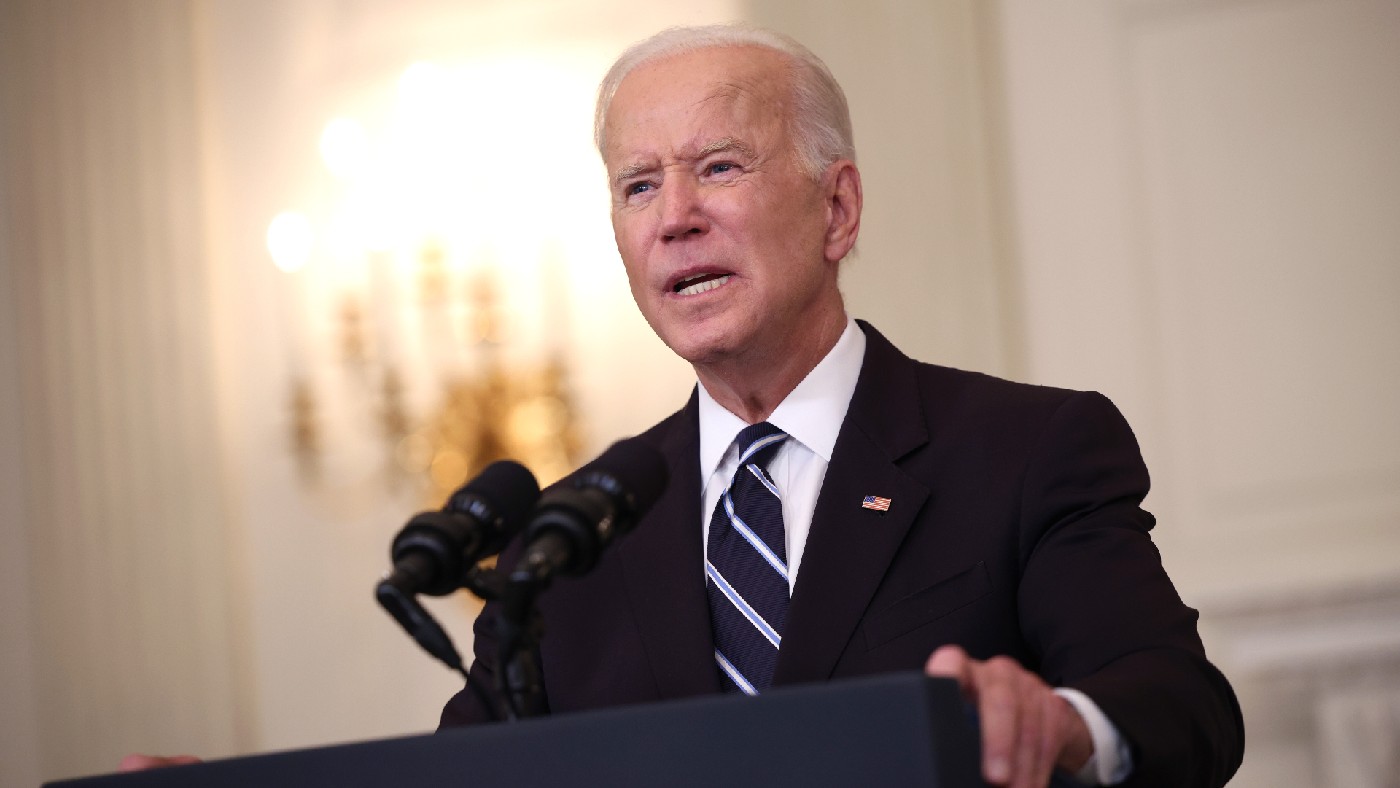 America’s withdrawal from Afghanistan: a retreat into isolationism?
America’s withdrawal from Afghanistan: a retreat into isolationism?Speed Read ‘In his selfish unilateralism’, Biden is no better than Trump, said The Daily Telegraph
-
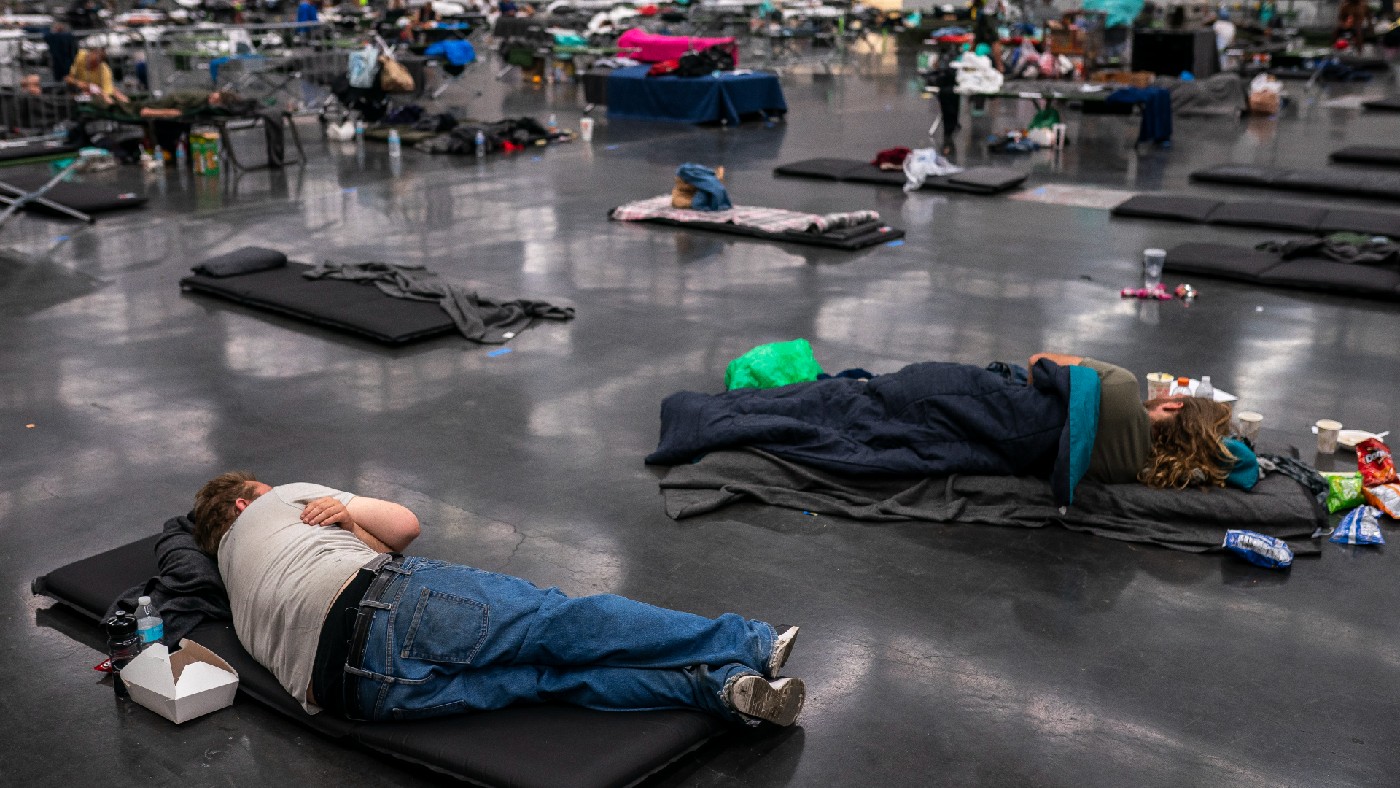 The ‘heat dome’: blistering temperatures in the Pacific Northwest should act as a wake-up call
The ‘heat dome’: blistering temperatures in the Pacific Northwest should act as a wake-up callSpeed Read People are used to hearing of record-high temperatures in desert states such as Nevada or Arizona, but not in verdant Washington and Oregon
-
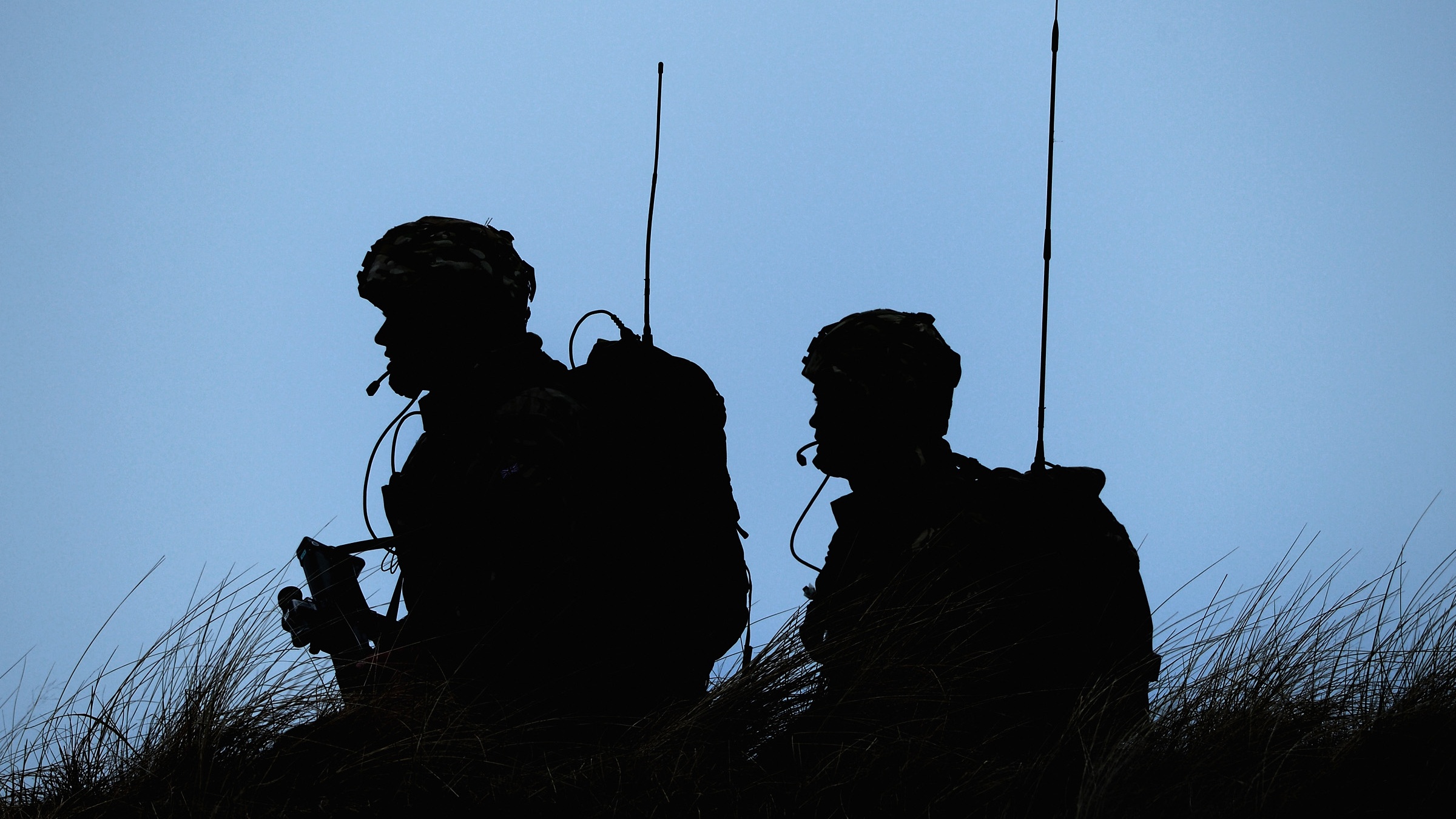 Royal Marines ready to ‘disrupt and confuse’ enemies
Royal Marines ready to ‘disrupt and confuse’ enemiesSpeed Read Military chief says operating in area between peace and war could prevent all-out conflict
-
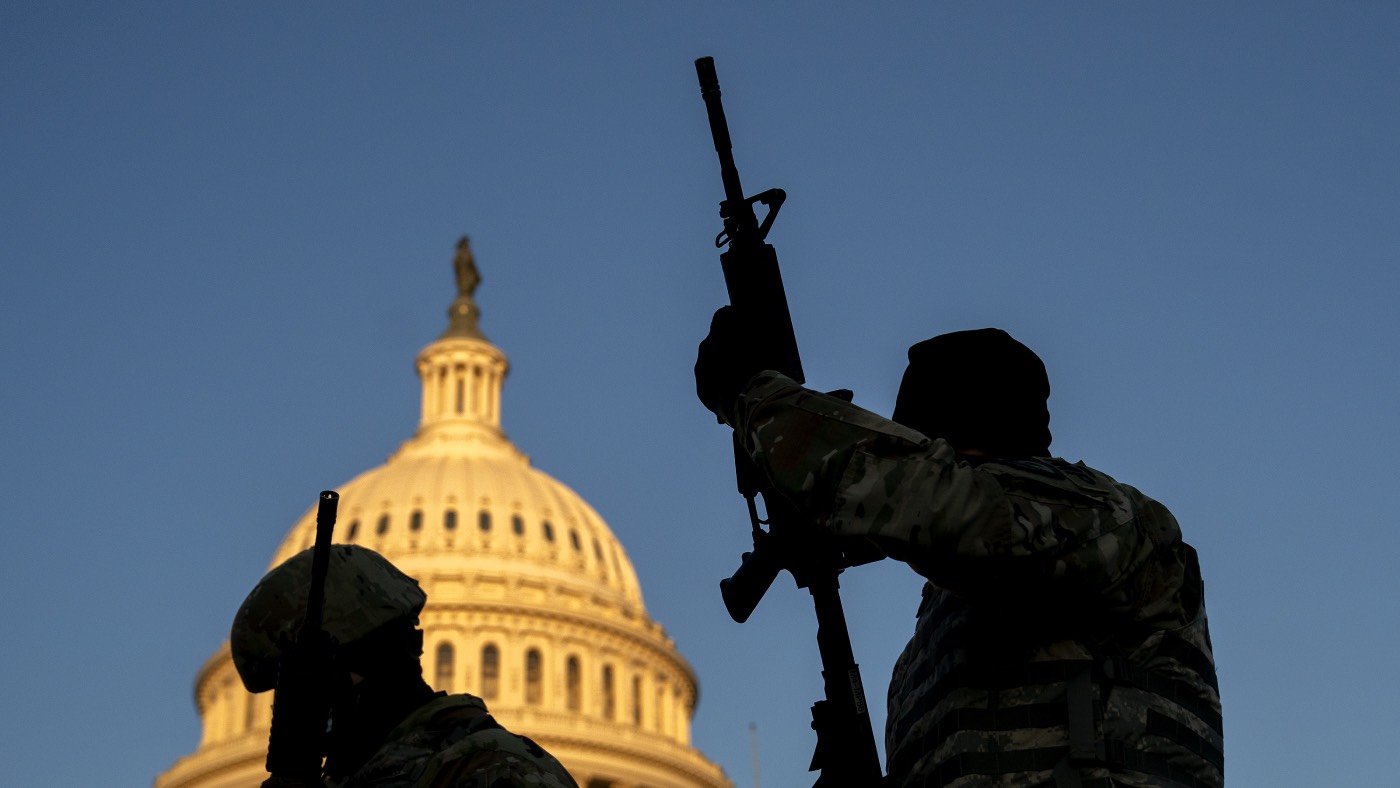 US Secret Service screening inauguration troops for riot sympathisers
US Secret Service screening inauguration troops for riot sympathisersSpeed Read National Guard members under investigation as mob member claims GOP lawmakers aided Capitol siege
-
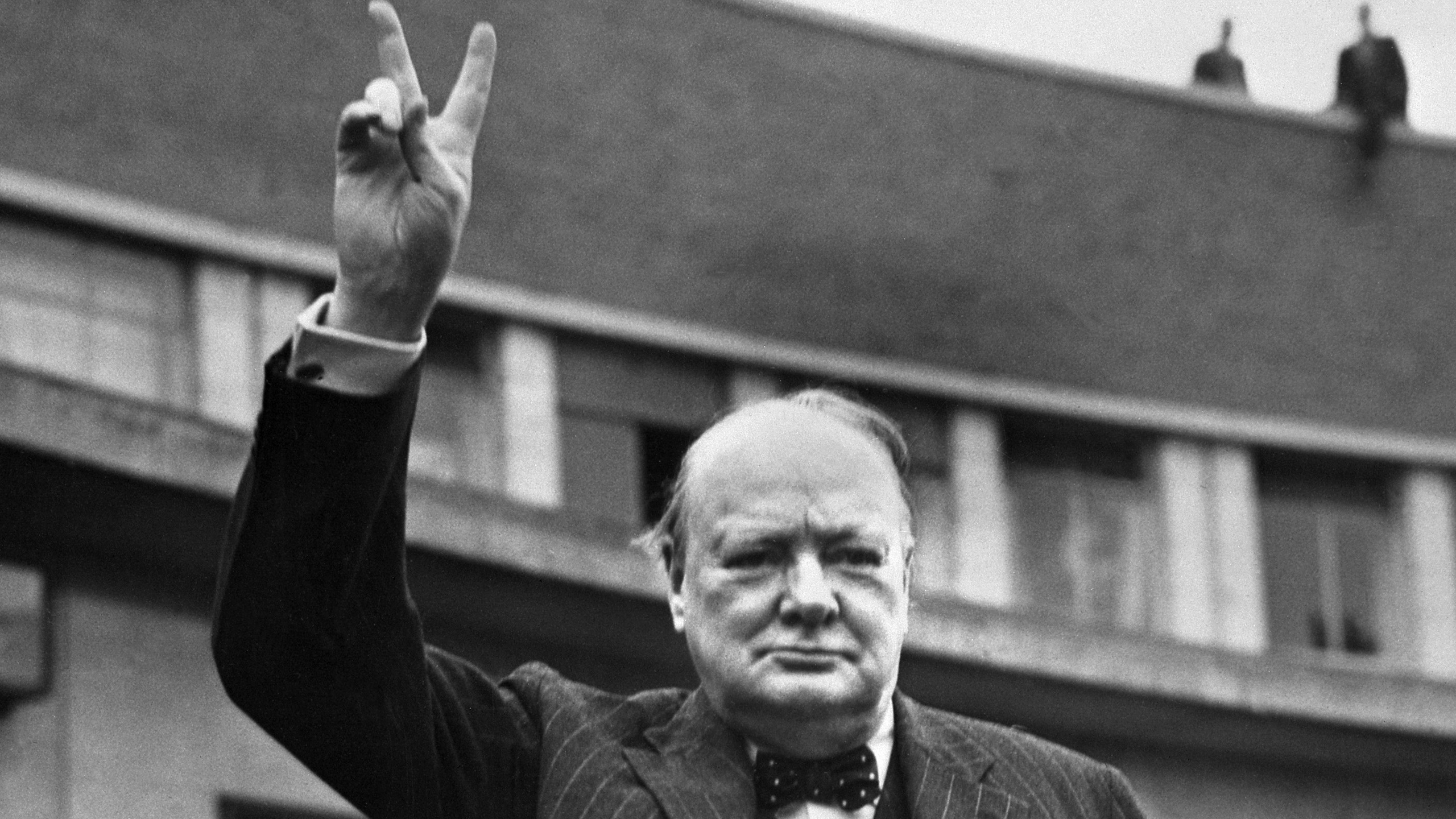 Plea for public to help find secret Second World War bunkers
Plea for public to help find secret Second World War bunkersSpeed Read Hundreds of ‘Scallywag’ underground hideouts lie undiscovered in British countryside